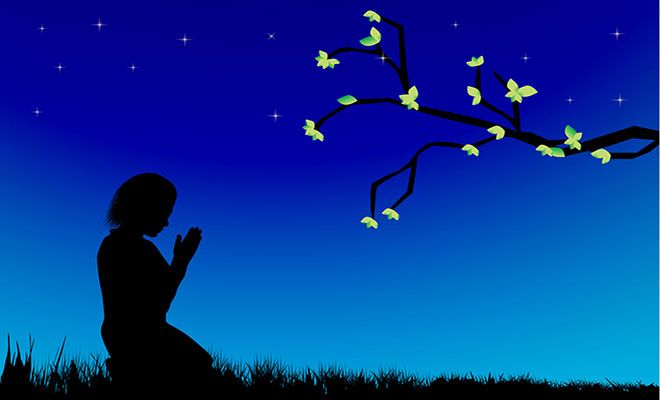 Is it fair or right that we shift the burden of taking care of the earth to our children? How does one spirituality or religion come into answering this question? What are our moral obligations to the plants and animals on this planet? Join us when we talk to Dr. John Grim, the co-founder of the Yale Forum of Religion and Ecology, and one of the leading scholars on this topic. We’ll take a scholarly look at Christianity, Buddhism, and Hinduism and resurrect some of the traditions and values related to our role as stewards of the earth and our connection to the earth.
Is it fair or right that we shift the burden of taking care of the earth to our children? How does one spirituality or religion come into answering this question? What are our moral obligations to the plants and animals on this planet? Join us when we talk to Dr. John Grim, the co-founder of the Yale Forum of Religion and Ecology, and one of the leading scholars on this topic. We’ll take a scholarly look at Christianity, Buddhism, and Hinduism and resurrect some of the traditions and values related to our role as stewards of the earth and our connection to the earth.
Show Highlights
- Segment 1: Sustainability: A Spiritual Perspective. While John Grim’s work is academically rigorous, it unexpectedly generated a transcendent moment for me after reading dozens of articles published on his forum. The absolute truth and beauty of the world is before us, but some times we miss it. Professor Grim offers his thoughts on “what” humans are missing in the stories we tell ourselves about our place on earth
- Segment 2: Earth Consciousness: Religious Traditions and Values. So, there is a Christian, Muslim, and Jewish person in a bar and a professor walks in. So, the professor turns to the Rabbi and says “What do you religious texts say about the earth?” And the Buddhist patron turns to them all and says “We are everything and we are nothing”. What do the worldwide religions say about what our relationship should be to the earth? Are we the center of earth (everything) or are we just one species that has run amok (nothing)? How do Eastern and Western religions differ?
YouTube Video from our Guest
About our Guest
John Grim is currently a Senior Lecturer and Senior Research Scholar at Yale University teaching courses that draw students from the School of Forestry & Environmental Studies, Yale Divinity School, the Department of Religious Studies, the Institution for Social and Policy Studies, and the Yale Colleges. He is Coordinator of the Forum on Religion and Ecology with Mary Evelyn Tucker, and series editor of “World Religions and Ecology,” from Harvard Divinity School’s Center for the Study of World Religions. In that series he edited Indigenous Traditions and Ecology: the Interbeing of Cosmology and Community (Harvard, 2001). He has been a Professor of Religion at Bucknell University, and at Sarah Lawrence College where he taught courses in Native American and Indigenous religions, World Religions, and Religion and Ecology. His published works include: The Shaman: Patterns of Religious Healing Among the Ojibway Indians (University of Oklahoma Press, 1983) and edited a volume with Mary Evelyn Tucker entitled Worldviews and Ecology (Orbis, 1994, 5th printing 2000), and a Daedalus volume (2001) entitled, “Religion and Ecology: Can the Climate Change?” John is also President of the American Teilhard Association.

